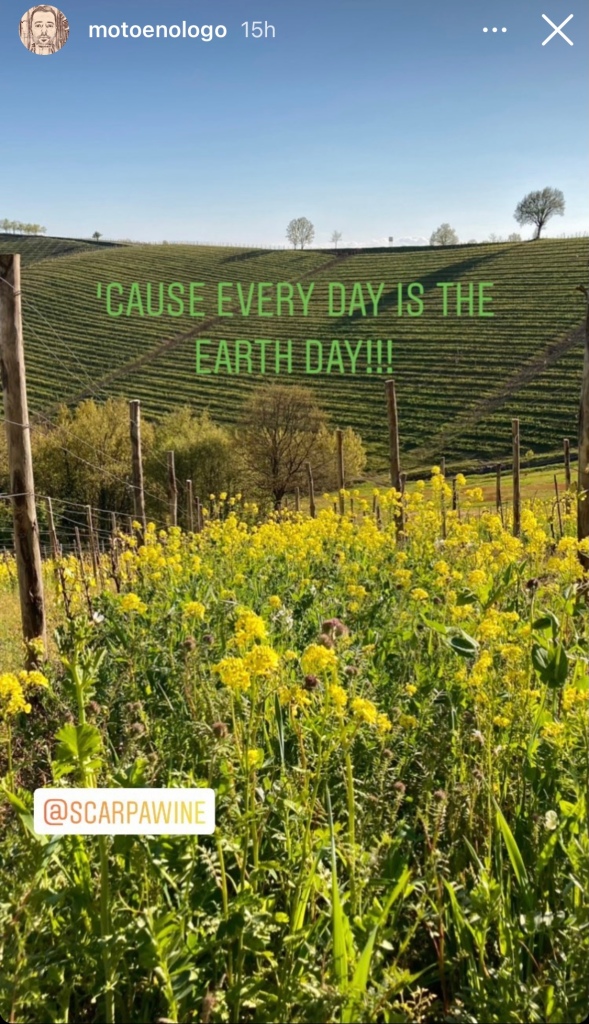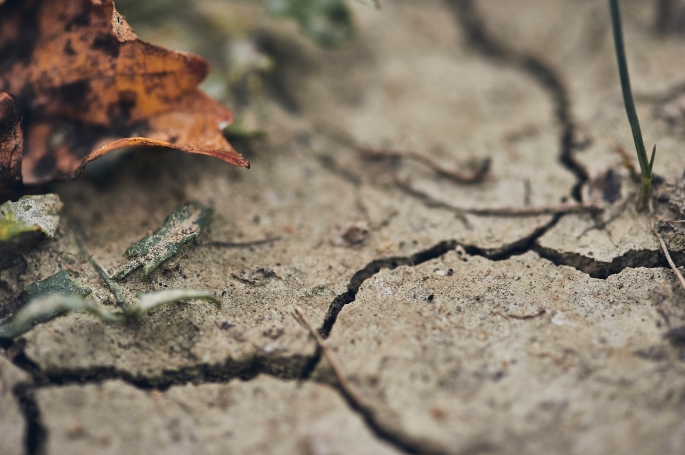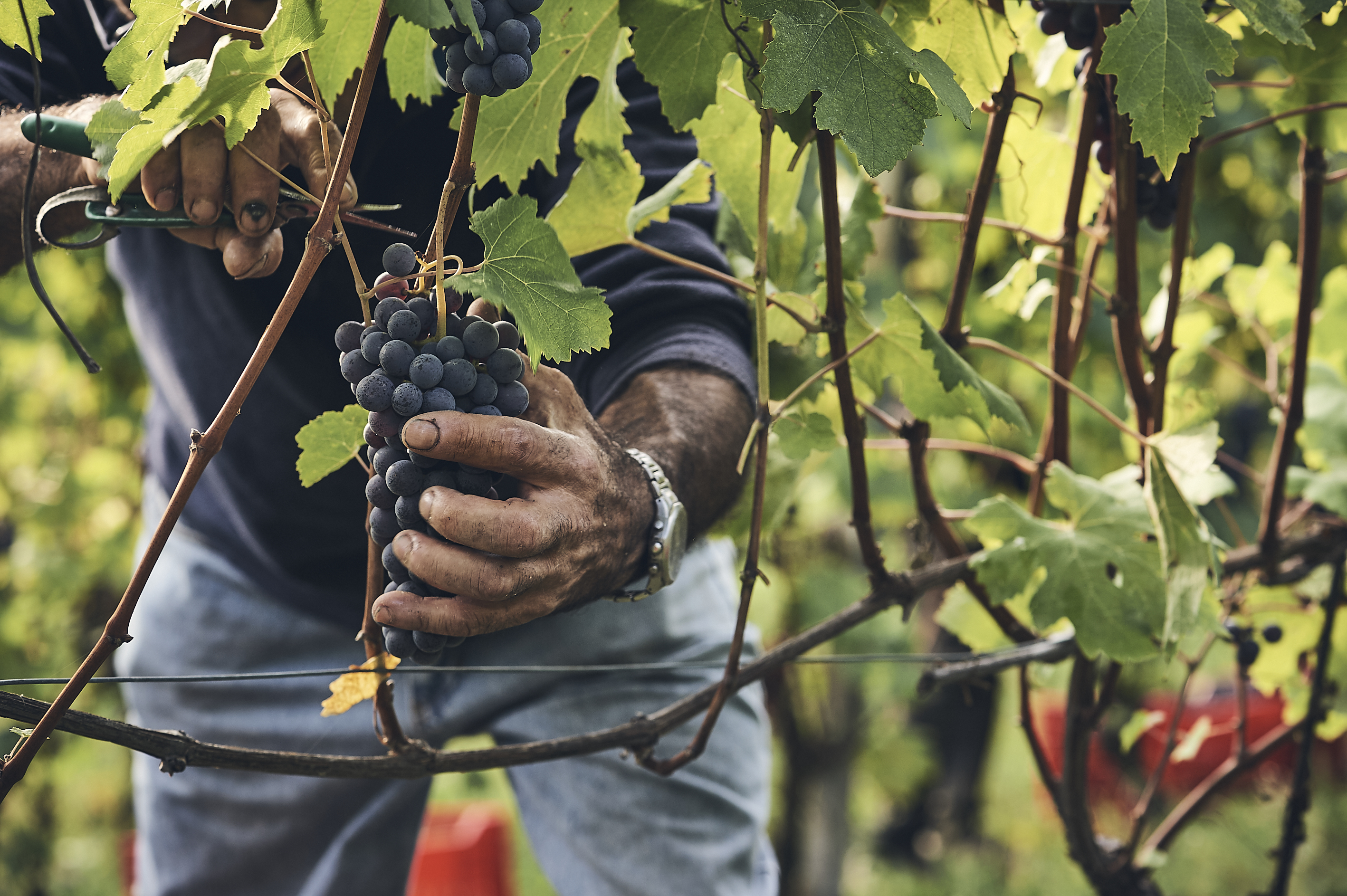Another sustainability update from Scarpa General Manager Riikka Sukula.
One big part of being and becoming more sustainable is sharing data, knowledge, opinions, learnings, and excitement for your progress. But don’t forget to also share challenges, disappointments, and mistakes.
Transparency and traceability as guiding principles
Transparency and traceability allow us to help each other as we collectively work toward the United Nations Sustainable Development Goals 2030, something I outlined in our first post on Scarpa’s commitment to sustainability.
Recently, I had an opportunity to engage in information sharing with fellow wine producers and American thought leaders.
Organized by the Vini del Piemonte marketing consortium and hosted by talented California-based wine professional, Deborah Parker Wong, the group convened for a series of virtual round table discussions, sharing sustainability experiences – successes, failures, and learnings. Forums like these help us learn from each other and work together on this important cause.

Photo credit: Silvio Trinchero, @motoenologo.
What did the sustainability in wine round table series cover?
Hard core enthusiasts, pour yourself a glass of wine and listen to the conversations: Leader Roundtable with Deborah Parker Wong.
If you don’t have the time to listen to the full one-hour conversation, here’s my recap of the climate change and sustainability topic.
Takeaways:
Action!
Overall, wineries are already doing a great deal to combat climate change and many have more sustainability plans in place for the future. It is encouraging to see such breadth and depth of the efforts being taken by producers. I am also happy to see Scarpa in good company with our holistic approach to sustainability in wine.
Wine and viticulture has such an importance in the Italian agro-economy today, (viticulture has a 13% impact on the overall Italian economy and over 20% in Piedmont (source) that only with an open mind,vigorous learning, and sharing with others can we accelerate the process of becoming sustainable.
As this year is the first that we did a comprehensive written plan of the prioritized actions – results will start to show in only a few months after we have our baseline data.
Communication!
Both producers and participating journalists, teachers and opinion leaders shared that the consumer intelligence on sustainability matters has elevated significantly in recent years. Consumers are thirsty for knowledge and understanding of everything related to viticulture and the wine making process, not just for the high quality of the product itself.
Piedmont can have a special role in spreading that word – learn more, teach more, engage the consumer more and communicate more. The topic is complex and can be difficult to simplify, but certainly worth talking about!
Courage and determination!
In the Round Table discussions, I was particularly impressed by the courage the producers showed in sharing their best practices as well as the challenges confronted. It’s hard, but so important to talk about difficult and complex issues.
Acknowledging that one must take action to combat climate change with small steps every day and trying new things, technologies and new ways of thinking even when there is no certainty of immediate results.
How sustainable was your last glass of wine? And how do you know?
Share your views and ideas on sustainability by leaving a comment below or join the conversation on our Facebook page.
Vineyard Update:
Significantly less nottue (gray worms) this year compared to 2020 and no frost damages over our vineyards from the cold front that hit 7th-9th of April. We continue to look positively ahead to a great 2021 vintage. Follow updates on Instagram, @scarpawine.











